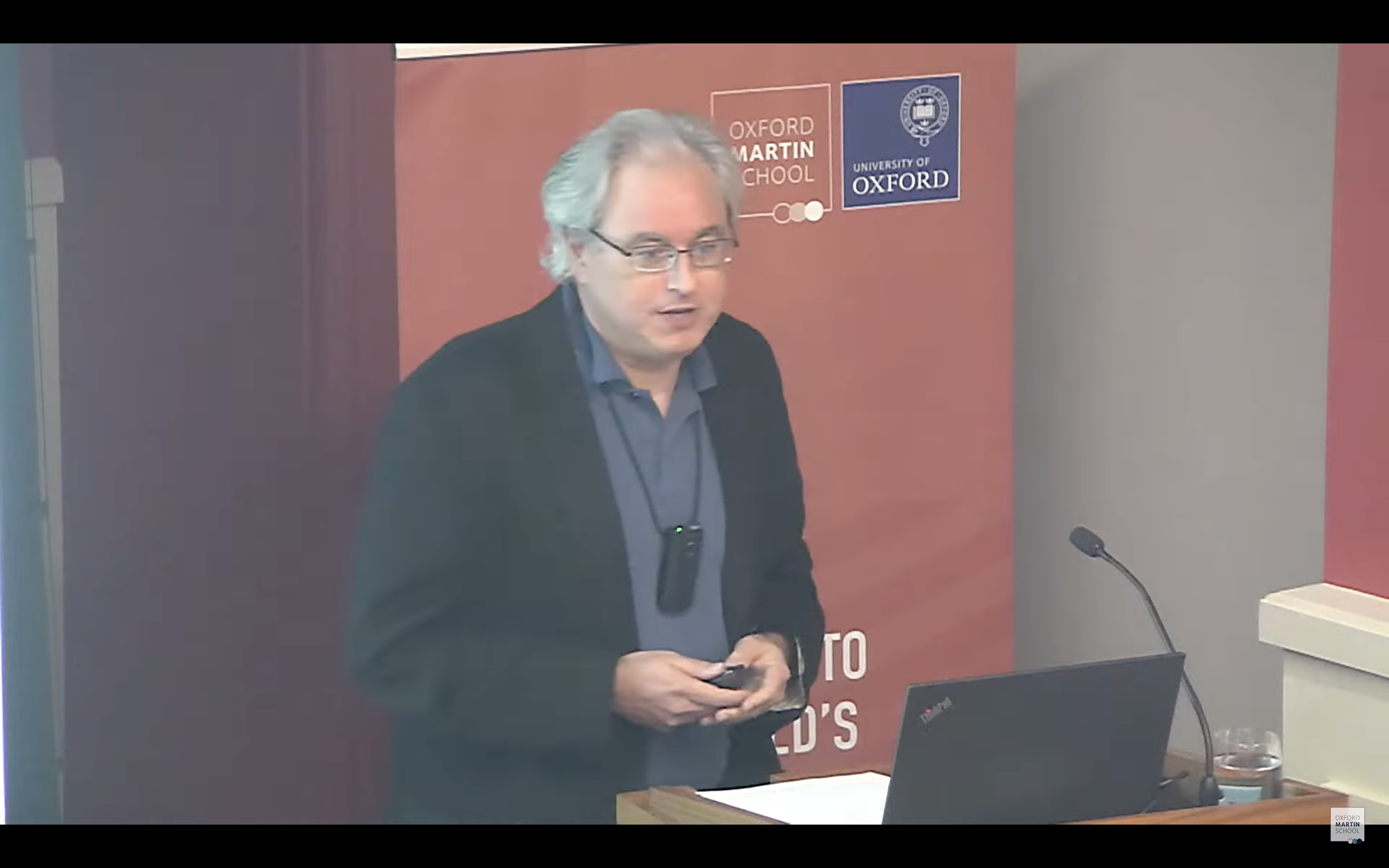It’s no secret that today’s political climate is unfriendly—at best—toward migrants and refugees. Elections churn with anti-immigrant sentiment, such as Italy’s recent vote. As countries increasingly close their doors to economic migrants and renounce previous commitments on responsibility sharing for refugees, the policy debate requires evidence more than ever.
Too often, migration debates focus on what the effects of immigration are: Do migrants take jobs and drive down wages of native workers? Are refugees a drain on public services, taking advantage of social welfare?
Facing this challenge means asking a different and more fruitful question: how different policy choices can produce positive outcomes and avoid negative ones.
New CGD research: shifting the migration conversation
Through presenting case studies and research on past migration policies and their impacts, we hope to shift the conversation from how much migration to how different policy choices can avoid negative effects and generate positive ones. We’ll be exploring this further in our new research initiative, Migration Is What You Make It. We also held an event last week to announce the launch of our new program on migration, displacement, and humanitarian policy. You can find our latest work here.
Below, we outline two of the examples we have looked at already.
Policy impacts—for better and for worse
There is no inherent effect of migration. Rather, policy dictates impact. The sudden exodus of 180,000 emigrants after the Hungarian Revolution could have been turned into a disastrous burden for Austria alone; instead it became a historic boon for the 37 countries that chose to cooperate in managing it. That policy choice, not the exodus itself, determined the result.
But what has the impact of existing policy choices been?
The global migration discourse needs to take a closer look at what works, what doesn’t, and what more we need to learn when it comes to migration and refugee policy. We are exploring real cases of migration policy to ask: What policy choices have shaped migration in ways that yielded harms, or that yielded benefits?
What works to stem unauthorized migration between the US & Mexico
There is widespread consensus on stemming irregular migration. This has benefits not just to origin, transit, and destination countries, but also—importantly—to migrants themselves, who face great danger in attempting to migrate irregularly. A common policy approach relies on enforcement—more walls, more checkpoints, more deportations. The evidence we have suggests that this is far from sufficient.
In fact, there is evidence that migration policy shapes the extent of irregular migration. Steps to seal the US-Mexico border against longstanding circular mobility have raised permanent, irregular migration, as sociologists and economists have shown. Tightening asylum rejections across Europe has deflected migrants into irregular work.
A case in point is the clear tradeoff between lawful channels for seasonal migration and irregular migration in the United States. Over the last 75 years, irregular migration there has soared twice: once from 1945 to 1954 when there were limited lawful channels for Mexican seasonal migrants and lax enforcement, and again from 1965 through the 1980s when lawful channels were mostly eliminated. And irregular migration has plummeted twice: once from 1954 to 1965 when adequate lawful channels were paired with robust enforcement, and again since 2001, when rising lawful channels have been paired with intensifying enforcement.
In other words, irregular migration does not happen in a vacuum. It is massively shaped, and can be almost eliminated, by policy choices. Those choices can be very different at different borders and different times. For the last two generations at the US-Mexico border, what has worked is to step up enforcement of the law when the law was adequate to economic and demographic realities. Lawful channels were not enough, and neither was enforcement.
The massive historical, demographic, and economic pressures for migration at the US border were not policymakers’ decision. How they handled it was a decision. They made different decisions at different times, and these experiences should be living lessons for policymakers around the world facing related challenges now. There is no such thing as “best practice” in migration management, but there are informative lessons.
We want policymakers to have those lessons at their fingertips.
Refugees contribute to the economy as entrepreneurs and investors—if they are allowed to
Policymakers are also heavily concerned with the economic and fiscal effects of refugees. Here, too, historical experience illustrates how these effects are shaped by decisions.
In order to limit competition with local firms, many countries severely restrict the ability of refugees to own businesses. The reality is that many refugees start unregistered micro and small businesses, resulting in fewer taxes paid and lower productivity because refugee entrepreneurs cannot grow their businesses. As the case of Turkey illustrates, a different policy approach can deliver benefits to refugees, as well as to native workers and entrepreneurs.
Unlike many other developing countries, Turkey allows Syrian refugees to work and own businesses. While many barriers to realizing these opportunities exist, these policies enable many Syrian refugees to pursue their own livelihoods, lessening their dependence on humanitarian aid while contributing to the host economy. Between 2011 and 2016, Syrian entrepreneurs in Turkey invested $334 million in over 6,000 formal companies. By 2016, the average Syrian business employed 9.4 people. What’s more, these Syrian-owned businesses planned to grow: The majority of the small and medium businesses owned by Syrians (more than a quarter of all Syrian businesses) planned to hire an average of more than 8 additional employees in 2017.
Evidence suggests these Syrian-owned firms didn’t harm their domestic counterparts through displacement or lost profits. The fiscal contributions are also meaningful--these businesses are formally registered, and therefore they and their employees are more likely to pay taxes.
Turkey’s policy was simple: allow refugees to formally register their businesses. While this doesn’t guarantee all refugee business owners will register (and in fact, in 2016 there were at least 4,000 informal businesses alongside 6,000 formal businesses), it does provide the opportunity to do so--thus opening the door to multiplied fiscal and secondary benefits to host communities. In contrast, Zambia’s policy is to allow refugees to own a business if they make a $25,000 capital investment, an insurmountable requirement for the vast majority of refugees.
Turkey’s policies on refugee work and entrepreneurship are far from perfect, and improvements are needed on a range of issues, including freedom of movement and access to financial services. However, Turkey’s approach is an instructive example of how policy choices can shape the outcomes of forced displacement.
Better policy decisions can create opportunities for all
The right policies can unlock significant contributions by migrants and refugees for the destination country, and for the origin country. However, so too can bad policies inadvertently enable detrimental effects of migration. Looking at what’s worked—and what hasn’t—in past and present policy experiments can provide an important roadmap for countries as they make decisions on migration policies and partnerships.
This framing paper is just the start of our research. The themes, policy choices, and case studies included are by no means exhaustive. The aim of this first paper is to drive feedback, engagement, and collaborative thinking on what the key policy and impact challenges are, what other context examples exist, and what evidence is limited or missing.
Disclaimer
CGD blog posts reflect the views of the authors, drawing on prior research and experience in their areas of expertise. CGD is a nonpartisan, independent organization and does not take institutional positions.





